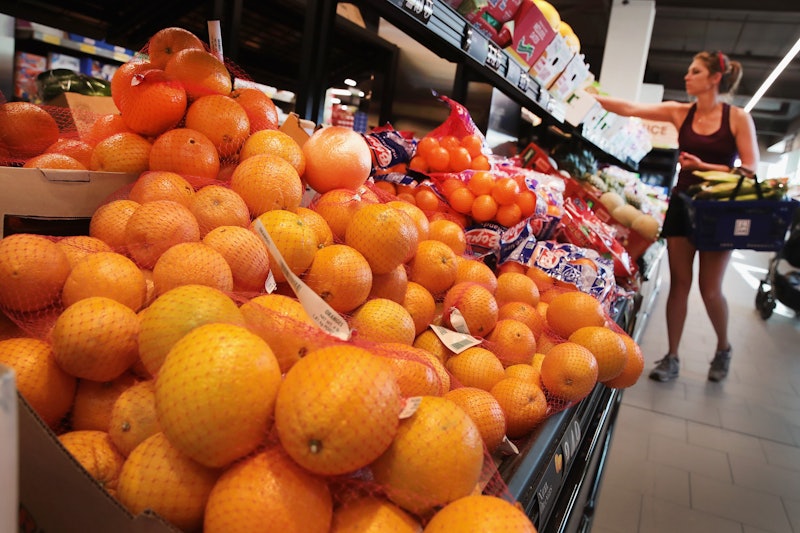News
The Head Of The FDA Just Released Its Most Recent Government Shutdown Plan

As the partial government shutdown crawls into its 24th day, a number of federal agencies have had to reduce staff, curtail certain services, and even pause some operations outright. Among them is the Food and Drug Administration (FDA), which has had to reduce its inspection workforce, among other things, as a result of the shutdown. Now, the FDA's latest plan for the government shutdown shows how the agency is attempting to juggle vital operations without its much-needed funding.
"The lapse in funding represents one of the most significant operational challenges in FDA's recent history," FDA Commissioner Dr. Scott Gottlieb tweeted Sunday. While Gottlieb said the agency remained committed to consumer protection, he warned that, because of the shutdown, "it is not business as usual" at the FDA.
"Many key functions aren't getting done," he warned.
Still, despite the shutdown, Gottlieb said the FDA is focused on "maintaining core activities" that have a direct impact on consumer safety and can save lives. "My priority is to our consumer protection mission and the people executing mission critical functions," he tweeted.
But with the government shutdown entering its fourth week — and no spending deal in sight — Gottlieb said the FDA has been forced to re-evaluate its shutdown operations. "Given the prolonged shutdown and compounding risk as time accrues; FDA is working to operationalize additional activities that exceed what we've done in past shutdown situations," he said Sunday.
According to Gottlieb, the FDA has identified a number of additional activities that should be considered excepted, unpaid work during this ongoing shutdown as they are "necessary to identify and respond to threats to safety of human life." He claimed it was necessary for the agency to except these additional activities in order to prevent such threats.
These include expanding inspection activities beyond the currently excepted "for-cause" inspections to include foreign and domestic food, drug, medical, device, and pharmacy compounding surveillance inspections with a focus on "the highest risk products and facilities." It also includes expanding monitoring and analysis done by the agency's Coordinated Outbreak and Response Evaluation (CORE) Network to include "additional food safety and foodborne illness outbreak surveillance, detection, and response activities."
Other necessary activities identified by the FDA were an expansion of activities related to the agency's surveillance and response for recalls to identify and respond to threats to safety. The surveillance sampling of all imported high-risk foods, drugs, and devices as well as laboratory support and logistical coordination for inspections and evaluations that are allowed was also identified as necessary. Finally, Gottlieb said the agency had also identified a need to expand the monitoring and evaluation of medical device adverse event and malfunction reports that occurs during shutdowns to include additional types of medical devices.
According to Gottlieb, the FDA sought the input and feedback of senior career leaders, FDA program officers, and public health experts to identify which additional activities should be added as excepted, unpaid work in a prolonged shutdown. Still, he stressed that the agency's plans "always included activities to address immediate threats to human life and safety."
"Our mission is focused squarely on securing consumer safety and protecting Americans during these times," he said.